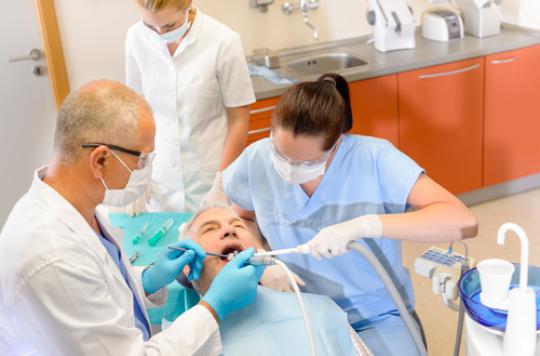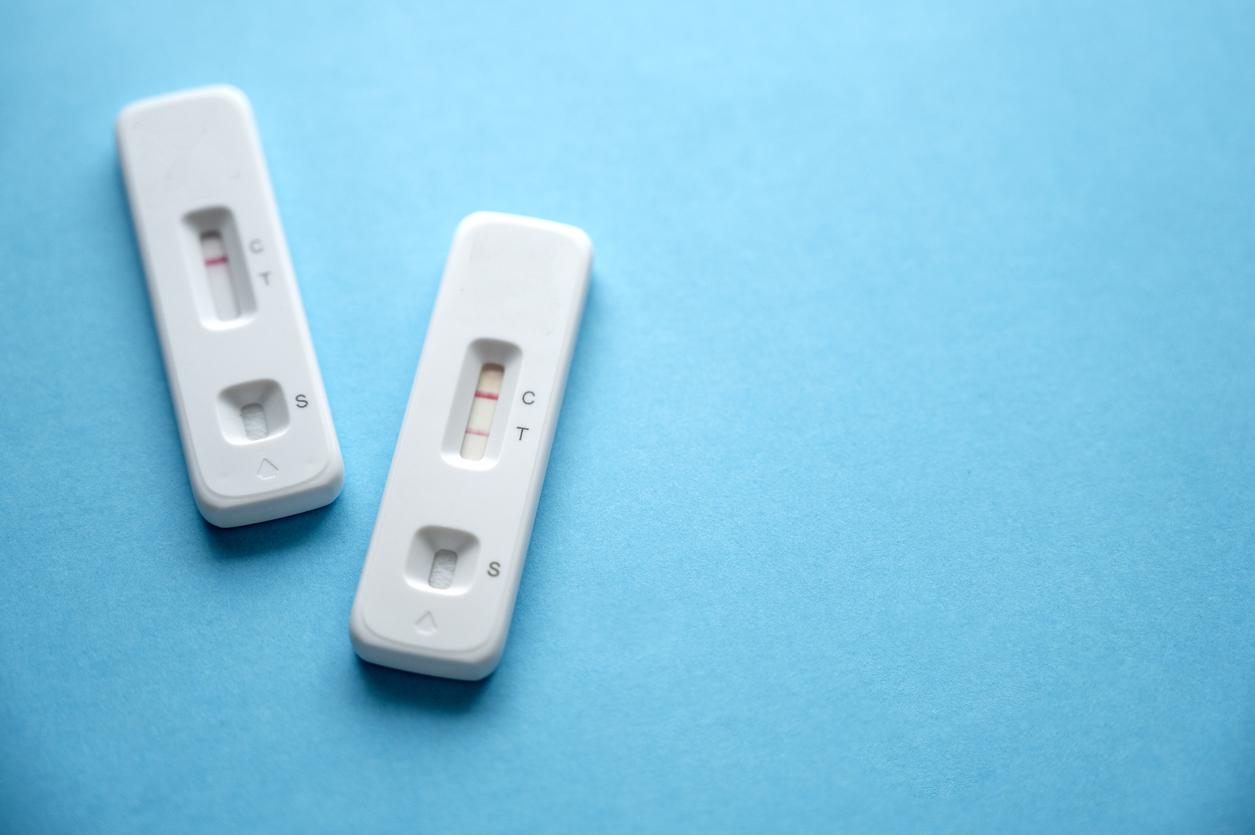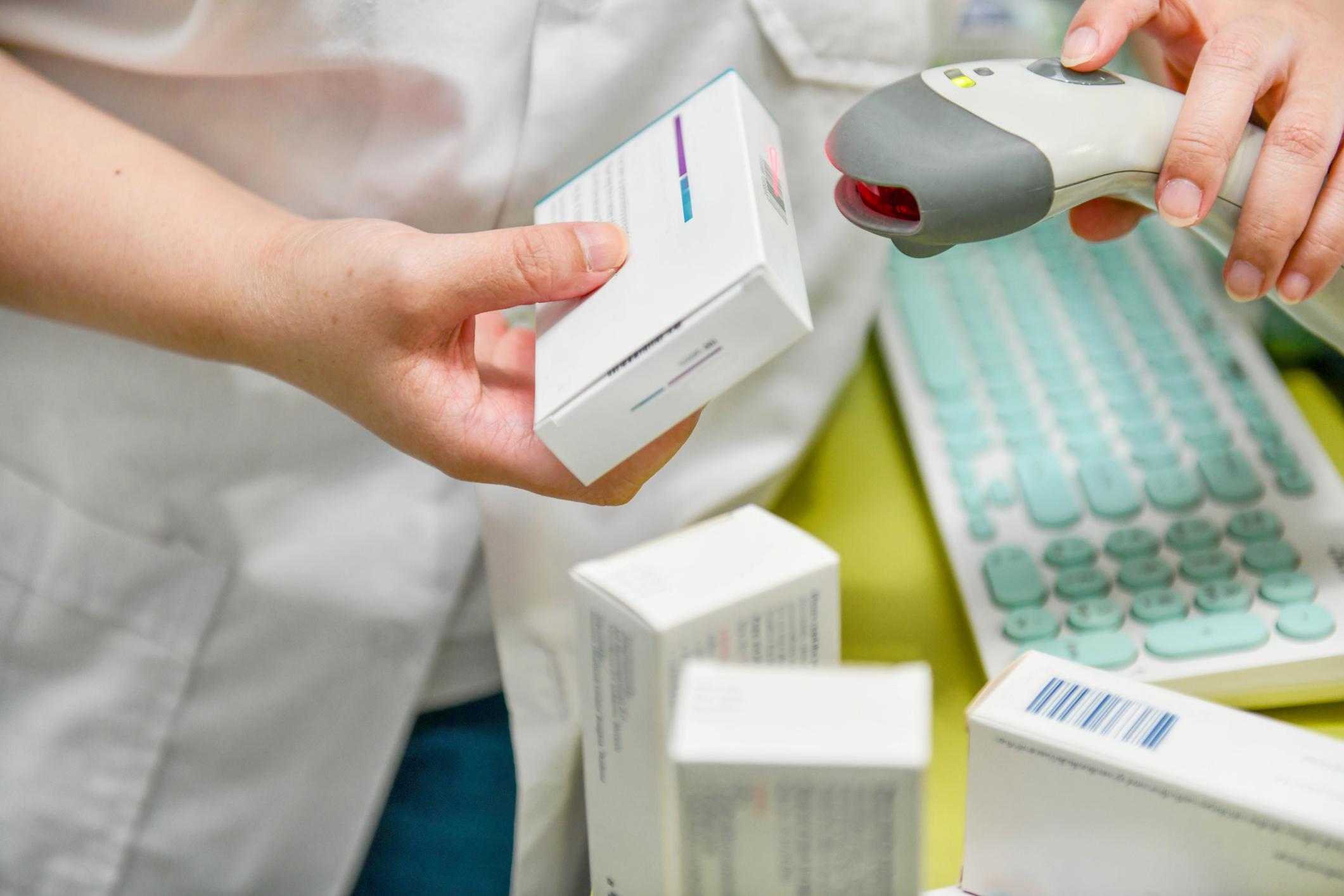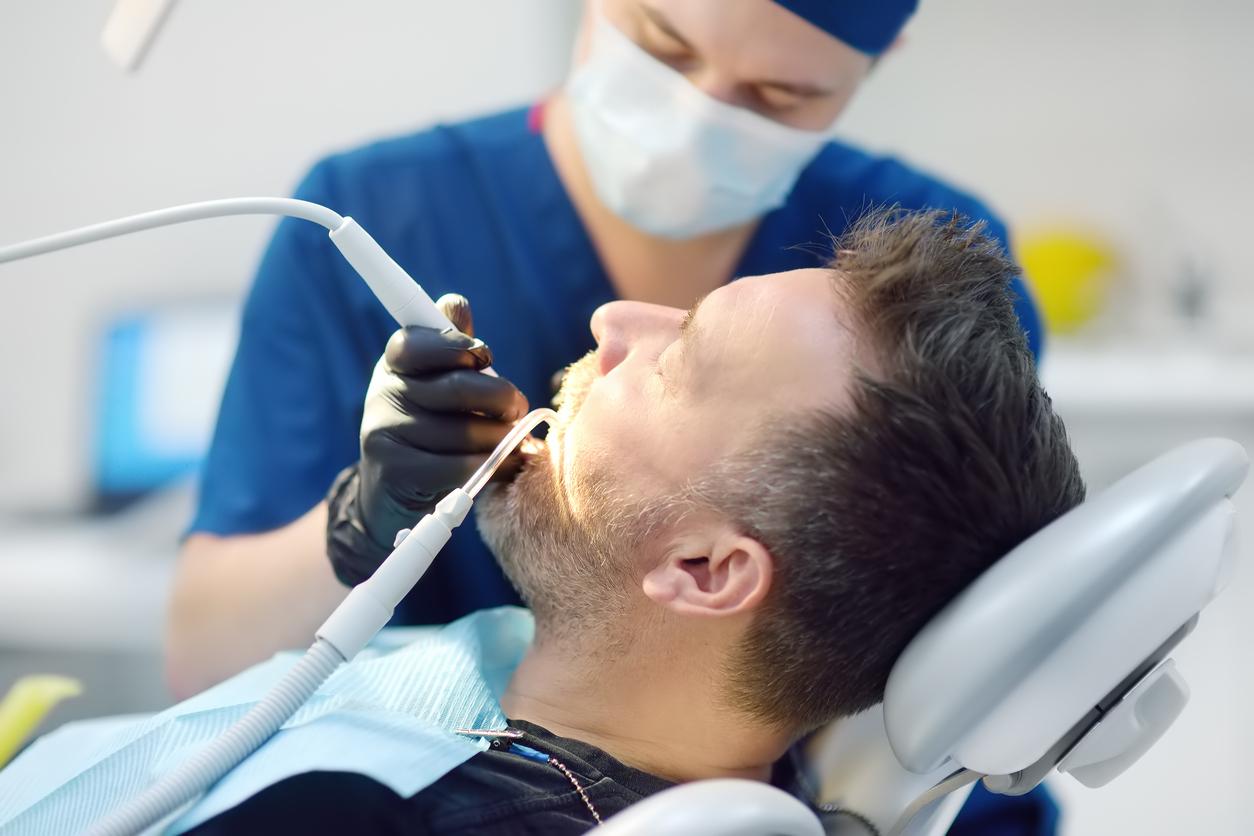No more dental bridges to fight damaged teeth. The Haute Autorité de Santé has extended the authorized methods.

The High Authority of Health (HAS) is committed to better dentition of the French. In a recent opinion, the health agency takes a stand for the management of all forms of dental bridges. These devices, intended to replace missing teeth, are important for the oral health, but also the psychological of patients.
284,000 bridges installed
French adults have 1.3 teeth not replaced on average, according to a study carried out by INSEE in 1991. The consequences are quite serious since this can cause dental migration or chewing disorders. The problems can be broader: the HAS stresses that undernutrition and speech disorders are not uncommon in people who have one or more teeth missing. The psychological impact is at least as important, with a drop in self-esteem often observed.
Under these conditions, proper management of treatment options is necessary. This is why the HAS was seized of the file. It must be said that the market is substantial: in 2003, 284,000 bridges were installed.
A strong remains to be paid
Currently, only one type of bridge is covered by health insurance: the so-called “three-element” bridge, which assumes the presence of two adjacent teeth and an intermediate element. But three other types of bridges are possible: bonded bridges, in extension, or a combination of both. The bonded bridge is indicated when a tooth has been lost and the adjacent teeth are healthy and little damaged. The technique known as “in extension” allows to rely only on one tooth, it is interesting for people with teeth in poor condition.
In this, these methods offer an alternative in the management of patients suffering from dental disorders. They are also minimally invasive, simple and durable, and allow you to intervene again if necessary. The HAS therefore proposes to expand the methods of coverage by health insurance and complementary health insurance. However, it does not rule on the cost. The only bridge authorized to date induces a strong remainder of the charge: the reimbursement basis is set at € 279.50 and amounts to 70%. But the fees charged are free.
.















